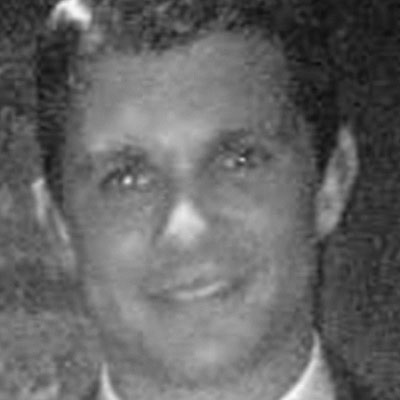The Midwest is a BIG part of the country, and depending on who you ask, the region generally includes from North Dakota down to the bottom of Missouri, then east as far as Ohio. That means a lot of land mass and a lot of people, which is part of the reason the traditional Midwestern accent is generally considered to be standard US English or neutral.
You may have heard this form of speaking referred to as “Newscaster English,” as the clear, neutral pronunciation is easily understood from coast to coast. In fact, many of the legendary newscasters from television’s golden era were from the Midwest, including Tom Brokaw, Diane Sawyer, and Walter Cronkite.
The Midwestern Flair
While this general American accent can be seen as a sort of the base coat of US English, it does have its own flavor. The pronunciation is typically slightly nasal with flatter accents than you’d find on either coast, and this is seen particularly with the vowels. No fancy stuff here, thank you very much! The Midwestern accent is also rhotic, meaning that for words ending in -r like “water,” that -r sound is properly pronounced. Despite this seeming like (and being) normal and correct English, it can actually sound quite strange to someone accustomed to hearing a typical coastal, or even more so a British, dropped -r.
Another trait of note is the region’s German influence. Ever wondered why brats and beer are so prevalent when tailgating at a Packers, Vikings, or Bears game? There’s your answer – they’re an endearing relic of the region’s German settler roots, with a linguistic vestige that can still be heard in the pronunciation of vowels. And speaking of da’ Bears, a classic SNL bit did a great job of immortalizing Chicago’s accent.
Minnesota
One state deserves a special mention, as its particular accent is a bit more distinct than most. Minnesota’s accent is known for its elongated vowels, where a simple word like “no” can come out more like “nooooo.” This accent was immortalized (and exaggerated) in the movie Fargo. This movie clip shows you how the film played up Minnesota’s famous long -o sound, plus the ubiquitous “ya,” which not so coincidentally sounds much like the German ja for “yes.”
Midwestern Slang to Know
Ope!
This is what’s known as a surprise word, one that you’ve said before you even realized you’ve said anything at all. It’s a Midwestern take on “Oops” for when you bump into someone or drop your fork.
Don’tcha know
This is what’s called a tag question, like the South’s “know what I’m sayin’?” or California’s “right?” It’s tacked onto the end of a sentence to either get confirmation or emphasize a point.
Come with
While grammar nerds may be appalled by the dangling participle, the phrase “You wanna come with?” is simply a truncated “You wanna come with me/us?”
Pop
We previously mentioned how all carbonated beverages are referred to as Cokes in the South, but in the Midwest, “Pop” is king for sodas.
You betcha
A friendlier way of saying “You bet” or “For sure!”
Alls
This is a bit of a weird one, as it tacks on an extra letter -s to the word “all” for no apparent reason. You might hear this in “Alls I’m saying is…”
Jeez
This is a good example of that famous Bible Belt politeness, as the word Jeez is used to avoid profaning and exclaiming “Jesus.”
Cattywampus
This lovely word means askew, off-kilter, or sideways, as in “As soon as she dumped him, his whole life went cattywampus.”
How to Speak with a Midwestern Accent
Channel your inner news anchor and keep your vowels as flat as I-70 across the Kansas plains. Make sure you don’t forget that -r at the end of your words, and above all, avoid regionalisms! Saying “hella” or asking where to find a dollar slice will blow your cover, don’tcha know?


